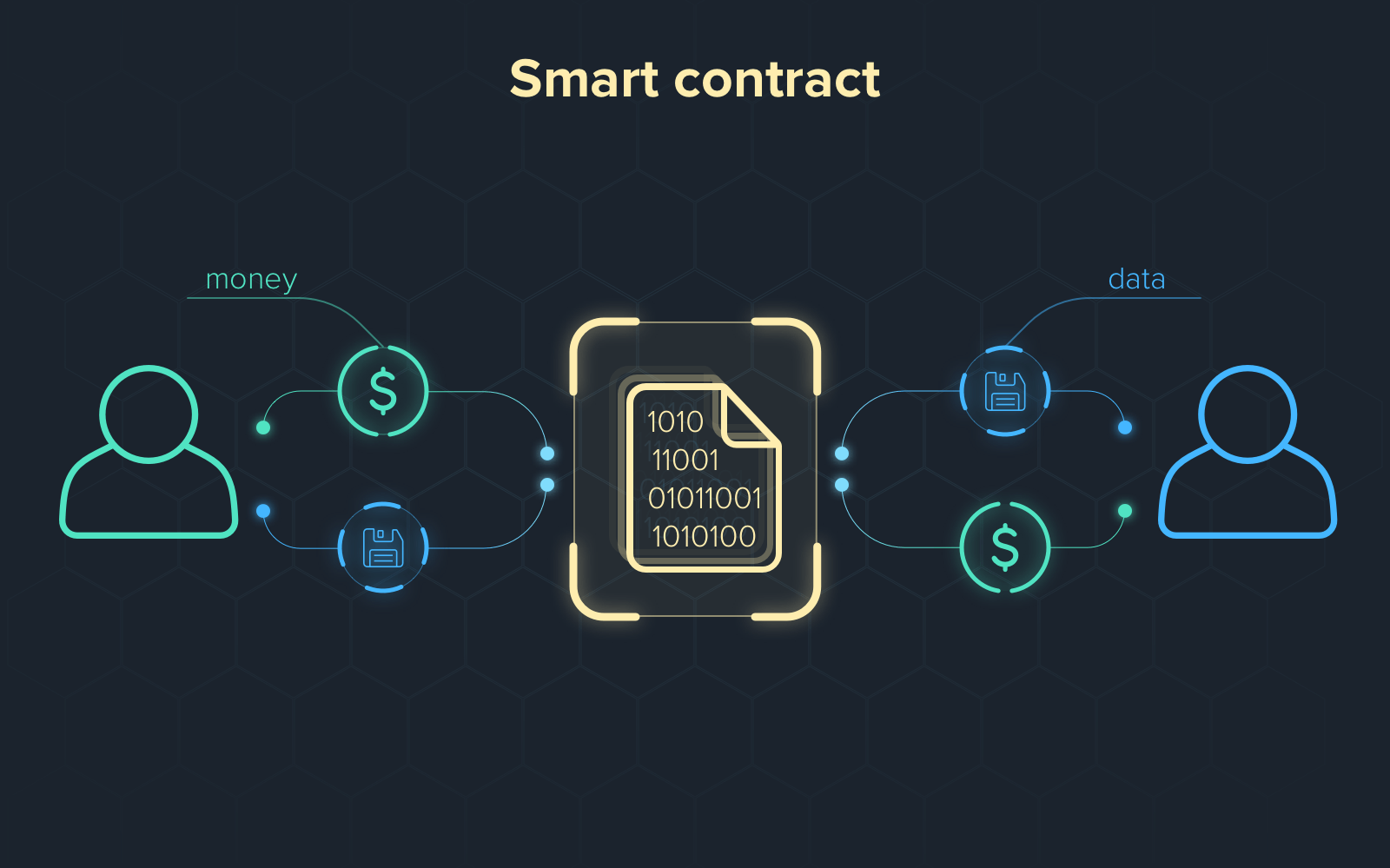Blockchain 101: Understanding Smart Contracts and Their Real-World Applications
Introduction
Blockchain technology has transformed the way we perceive trust, transparency, and automation. At the core of this revolution lies a remarkable feature known as smart contracts. In this article, we will delve into the concept of smart contracts, explore their mechanics, and provide real-world examples of their applications across various industries.
Defining Smart Contracts
Smart contracts are self-executing agreements with predefined rules and conditions encoded within the blockchain. They operate autonomously, executing actions or transactions automatically once the predetermined criteria are met. By eliminating intermediaries, smart contracts ensure transparency, efficiency, and immutability in the execution of agreements.
How Smart Contracts Work
Smart contracts leverage the decentralized and immutable nature of blockchain technology to automate and enforce contractual agreements. Here’s a simplified breakdown of their operation:
- Creation: Smart contracts are developed by coding the desired rules and conditions using specific programming languages suitable for the targeted blockchain platform. Solidity, for example, is widely used for creating smart contracts on the Ethereum blockchain.
- Deployment: Once developed, smart contracts are deployed onto the blockchain network. The contract code is stored across multiple network nodes, making it immutable and resistant to tampering.
- Activation: Users interact with smart contracts by initiating transactions with them. These transactions trigger the execution of the predefined code within the contract.
- Verification: The blockchain network verifies and validates the transactions and conditions specified in the smart contract. This verification ensures that all parties adhere to the agreed-upon terms before executing the contract’s actions.
- Execution: If the predetermined conditions are met, the smart contract automatically executes the specified actions. These actions can include transferring funds, issuing tokens, updating records, or triggering additional smart contracts.
Benefits and Applications of Smart Contracts
Smart contracts offer numerous benefits and have the potential to transform various industries:
- Automation: Smart contracts automate the execution and enforcement of agreements, reducing the need for intermediaries and manual interventions. This automation streamlines processes, saves time, and minimizes the risk of human error.
- Transparency: Smart contracts operate on public blockchain networks, providing transparent and auditable records of all transactions and contract interactions. This transparency enhances trust and accountability among involved parties.
- Security: Smart contracts leverage the security features of blockchain technology, such as encryption and decentralized consensus. This ensures the integrity and immutability of contract terms and protects against fraud and unauthorized modifications.
- Cost Efficiency: By eliminating intermediaries and automating processes, smart contracts reduce costs associated with manual paperwork, administrative tasks, and third-party fees.
Real-World Examples
- Supply Chain Management: Smart contracts can revolutionize supply chain management by tracking and verifying the authenticity and movement of goods. For instance, Walmart utilizes smart contracts to trace the origin and handling of food products, enhancing transparency and reducing the impact of recalls.
- Decentralized Finance (DeFi): DeFi platforms rely heavily on smart contracts to automate lending, borrowing, and trading activities. Ethereum-based protocols like Compound and Aave enable users to lend their cryptocurrencies and earn interest by interacting with smart contracts.
- Real Estate: Smart contracts facilitate secure and transparent real estate transactions. Platforms like Propy leverage smart contracts to automate tasks such as property title transfers, escrow payments, and contract execution, streamlining the entire process.
- Insurance: Smart contracts can streamline insurance processes by automating claims processing based on predefined conditions. For example, Etherisc utilizes smart contracts to automate flight delay insurance, triggering automatic payouts if specific flight conditions are met.
Conclusion
Smart contracts are a transformative feature of blockchain technology that enables the automation, transparency, and security of contractual agreements. By eliminating intermediaries and leveraging the immutability and decentralized nature of blockchain networks, smart contracts offer numerous benefits across various industries. As blockchain adoption continues to expand, smart contracts will revolutionize the way agreements are made, executed, and enforced, ushering in a new era of trust, efficiency, and innovation.
